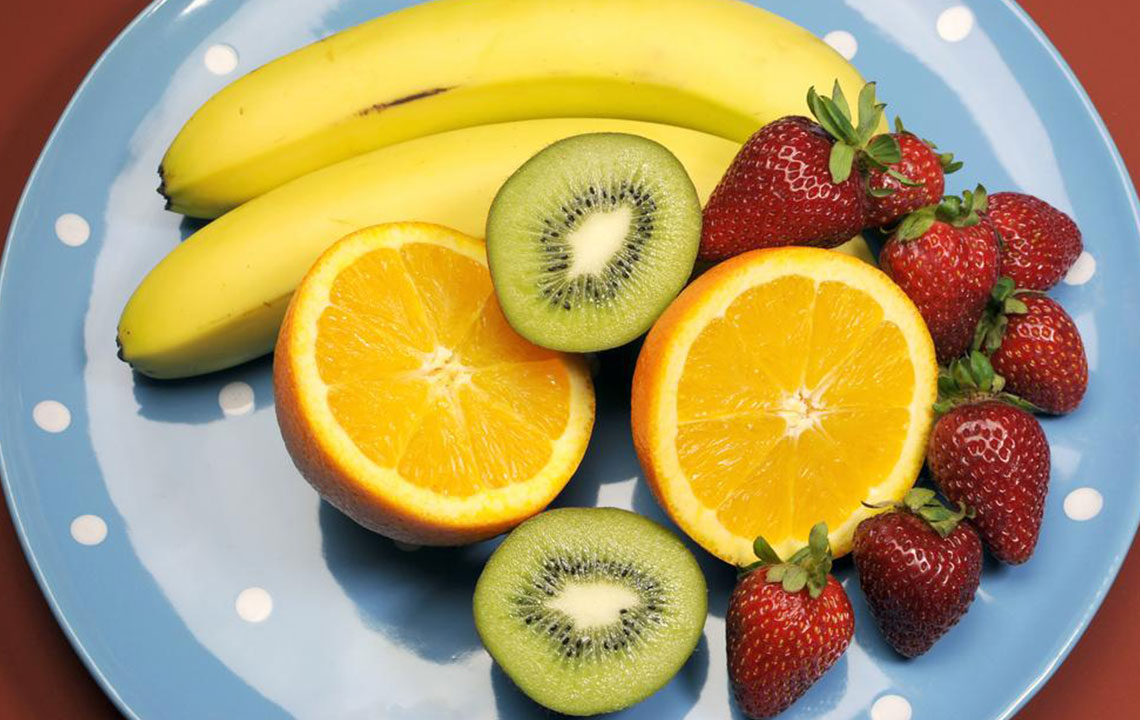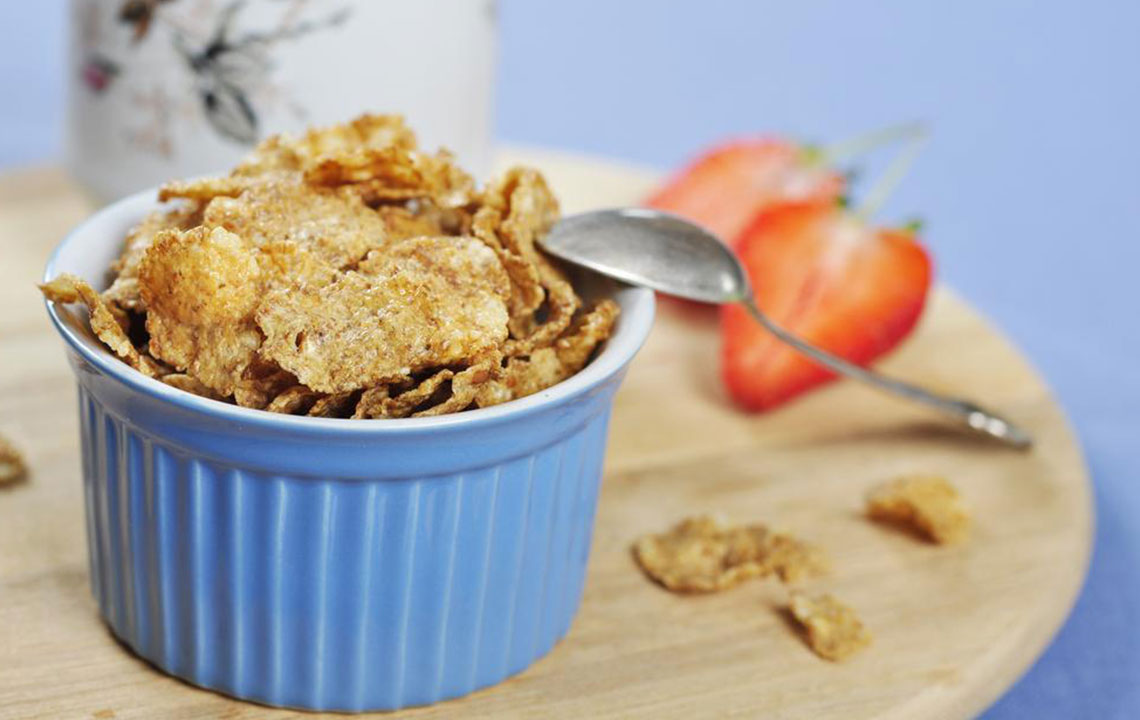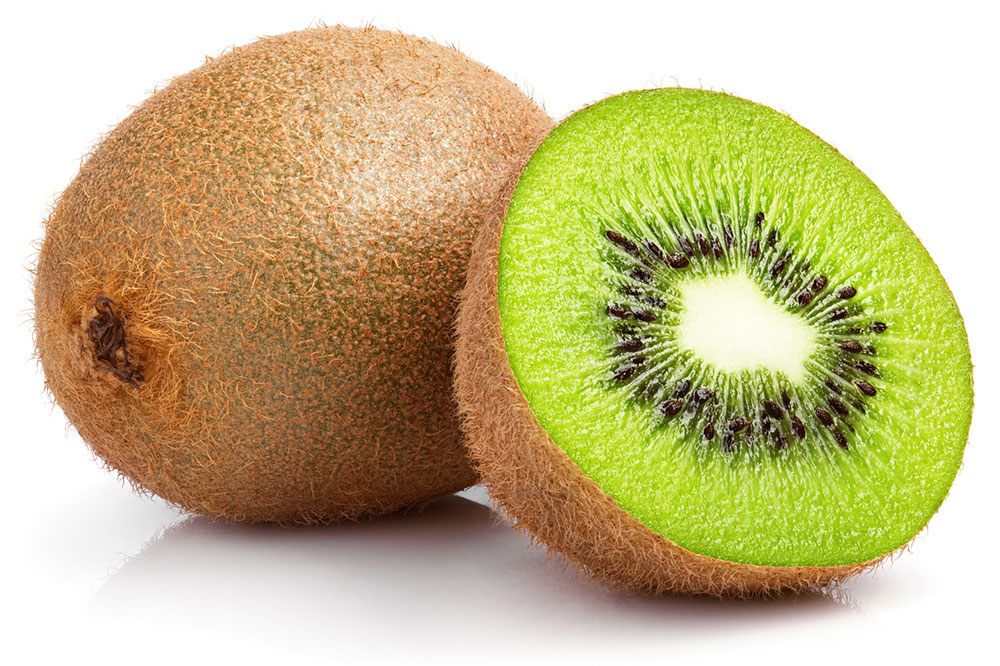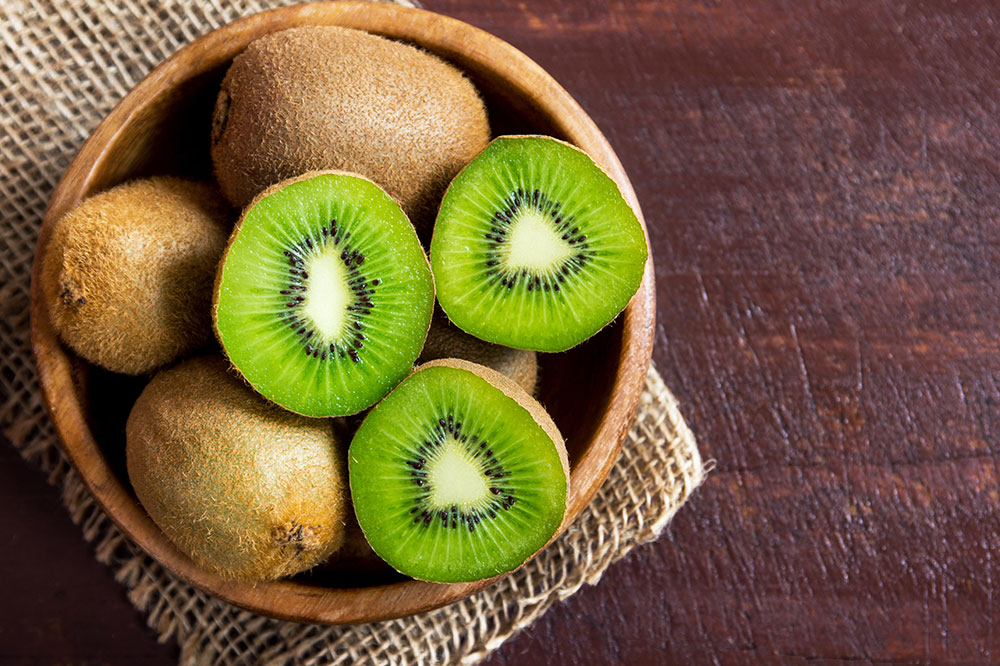Effective Natural Foods to Relieve Constipation and Promote Digestive Health
Discover effective natural foods to relieve constipation and boost your digestive health. This comprehensive guide highlights prunes, fiber-rich fruits, whole grains, seeds, vegetables, nuts, and fermented foods that can promote regularity and improve gut function. Incorporate these nutrients into your daily diet for a healthier, more comfortable digestive system and enjoy the benefits of natural relief from constipation.
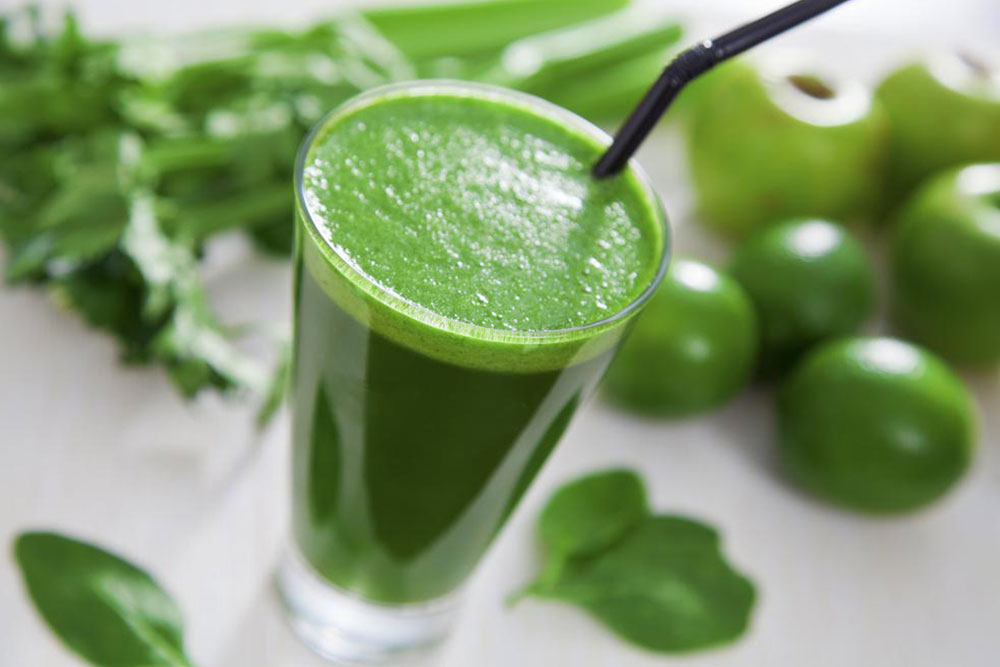
Effective Natural Foods to Relieve Constipation and Promote Digestive Health
Maintaining optimal digestive health is essential for overall wellness, comfort, and daily functioning. One common gastrointestinal issue that many people experience is constipation, a condition characterized by infrequent, hard, or difficult-to-pass stools. Chronic constipation can lead to various health complications such as bloating, abdominal discomfort, hemorrhoids, and even more serious digestive disorders. Fortunately, adopting a diet rich in specific foods can naturally alleviate constipation, promote regular bowel movements, and support the overall health of your digestive system.
Prunes: Nature’s Laxative Powerhouse Prunes are widely renowned for their exceptional ability to relieve constipation naturally. These dried plums are packed with sorbitol, a natural sugar alcohol that acts as a gentle osmotic laxative by drawing water into the large intestine, softening stool, and making bowel movements easier and more comfortable. Additionally, prunes are high in dietary fiber, particularly soluble fiber, which adds bulk to stool and stimulates intestinal peristalsis, facilitating smoother transit through the digestive tract. Incorporating prunes into your daily diet—either as a snack or added to cereals—can significantly improve digestion and promote regularity. Some research suggests that consuming about 50 grams of prunes daily can be highly effective in alleviating mild to moderate constipation.
Fiber-rich Fruits: Boosting Digestion with Nature’s Sweet Offerings Fruits high in dietary fiber are essential for maintaining healthy digestion. Foods such as apricots, plums, peaches, strawberries, blueberries, blackberries, and raisins contain significant amounts of fiber, especially when consumed with their skins. The fiber in these fruits adds bulk to your stool, softens it, and accelerates bowel transit time. Moreover, many of these fruits also contain natural enzymes and antioxidants which support gut health and reduce inflammation. Regular intake of fiber-rich fruits can help prevent constipation and improve overall gastrointestinal function. For best results, aim to include a variety of colorful fruits in your diet every day, with at least one serving of berries or dried fruits to maximize fiber intake.
Whole Grains: The Foundation of a Healthy Digestive System Whole grains are an excellent source of dietary fiber, vitamins, minerals, and phytochemicals that are crucial for optimal digestion. Unlike refined grains, which have had their bran and germ removed, whole grains retain all their natural nutrients, making them superior for digestive health. Foods such as oats, brown rice, quinoa, barley, and whole wheat products like bread and pasta contain high levels of insoluble and soluble fiber. Consuming whole grains regularly enhances stool frequency, improves stool consistency, and supports the growth of beneficial gut bacteria. Replacing refined grain products with whole grain alternatives is a simple yet effective way to combat constipation and promote long-term gut health.
Seeds: Tiny but Mighty for Gut Health Seeds like chia, flaxseeds, psyllium husk, and hemp seeds are remarkably rich in dietary fiber and essential nutrients. Chia and flaxseeds, in particular, are high in soluble fiber, which forms a gel-like substance in the digestive system, softening stool and easing its passage. Psyllium husk is a well-known natural fiber supplement often used to alleviate constipation. Incorporating these seeds into your diet—such as adding ground flaxseed to smoothies, oatmeal, or baking recipes—can significantly support digestion, improve stool consistency, and promote a healthy gut environment.
Vegetables: A Key to Efficient Digestion Vegetables are vital for maintaining a healthy digestive tract due to their high fiber content and rich array of nutrients. Leafy greens like spinach, kale, arugula, and chicory are especially beneficial, providing both soluble and insoluble fiber. Cruciferous vegetables such as broccoli, cabbage, Brussels sprouts, and cauliflower also aid in digestion by increasing stool bulk and stimulating intestinal movements. Additionally, vegetables like carrots, zucchini, and cucumbers contain high water content, which helps keep stool soft. Including a variety of colorful vegetables in your meals ensures an adequate intake of fiber, vitamins, and antioxidants that collectively support gut health and prevent constipation.
Nuts and Seeds: Nourishing Your Gut Naturally Nuts including walnuts, pecans, cashews, Brazil nuts, and almonds are healthful sources of dietary fiber, healthy fats, and micronutrients. Their fiber content helps bulk up the stool, while the presence of omega-3 fatty acids in some nuts promotes anti-inflammatory effects in the gut. Regular consumption of nuts can aid digestion and overall gut function. However, due to their calorie density, it’s advisable to consume nuts in moderation. Adding a handful of mixed nuts to your snack or including them in salads and yogurt can be a great way to support digestive health and enjoy their nutritional benefits.
Apples: A Fiber-Rich Fruit for Digestive Regularity Apples are a widely accessible fruit that provides both soluble and insoluble fibers, such as pectin, which is known to soften stool and promote intestinal transit. Eating apples, with the skin on, increases fiber intake and helps regulate bowel movements. Pectin also acts as a prebiotic, supporting the growth of beneficial gut bacteria. Regularly consuming apples can help prevent constipation, reduce the risk of gastrointestinal discomfort, and support overall digestive health. Including apples as part of a daily fruit intake is an easy and tasty strategy to keep your digestive system functioning optimally.
Rhubarb: A Natural Laxative from Nature Rhubarb has been used traditionally as a natural remedy for constipation due to its high content of Sennoside A, a potent natural laxative compound. This compound stimulates intestinal contractions and promotes bowel movement. Rhubarb stalks can be boiled and added to cereals, desserts, or stews to harness their laxative properties. While consuming rhubarb in moderation is generally safe, it's important to do so under guidance if you have dietary restrictions or digestive sensitivities. Its natural laxative effect makes rhubarb a valuable addition to your dietary arsenal for promoting regular and comfortable bowel movements.
Kefir and Fermented Foods: Supporting Gut Microbiota Fermented foods like kefir, yogurt, sauerkraut, and kimchi are rich in probiotics—beneficial bacteria that enhance gut flora balance. Kefir, a fermented milk drink originating from Asia, is particularly high in diverse probiotic strains, aiding in digestion and regulation of bowel movements. Consuming probiotic-rich foods regularly helps restore healthy gut bacteria, improves intestinal motility, and reduces the incidence of constipation. Incorporating kefir into your breakfast or smoothies provides a delicious way to support gut health from within.
Aloe Vera: A Natural Remedy for Gentle Laxative Action Aloe vera juice is known for its soothing and laxative properties. It contains compounds that stimulate intestinal contractions and promote bowel movements, making it an effective natural remedy for occasional constipation. Drinking aloe vera juice in moderation can help promote regularity, ease discomfort, and improve overall digestive comfort. However, it’s advisable to consult with a healthcare professional before incorporating aloe vera into your routine, especially for long-term use, as excessive consumption may cause side effects.
In conclusion, a diet rich in these natural foods can greatly contribute to alleviating constipation, fostering a healthy gut, and improving overall digestive efficiency. Combining prunes, fiber-rich fruits, whole grains, seeds, vegetables, nuts, and fermented foods into your daily meals can create a holistic approach to digestive wellness. Remember to stay well-hydrated, exercise regularly, and maintain a balanced diet for optimal results. Embracing these dietary strategies can lead to more comfortable, regular bowel movements and a healthier, happier gut.
